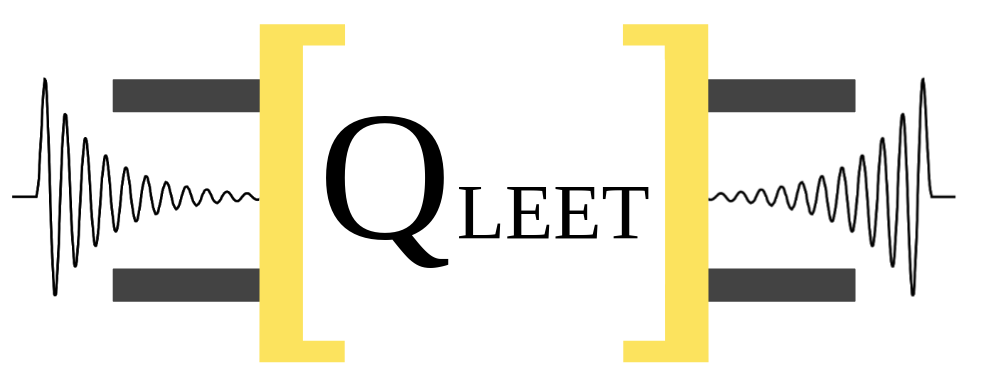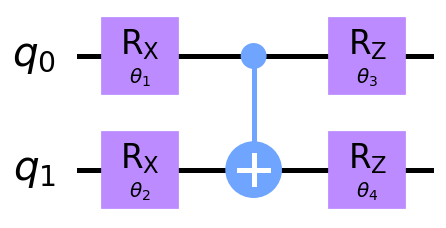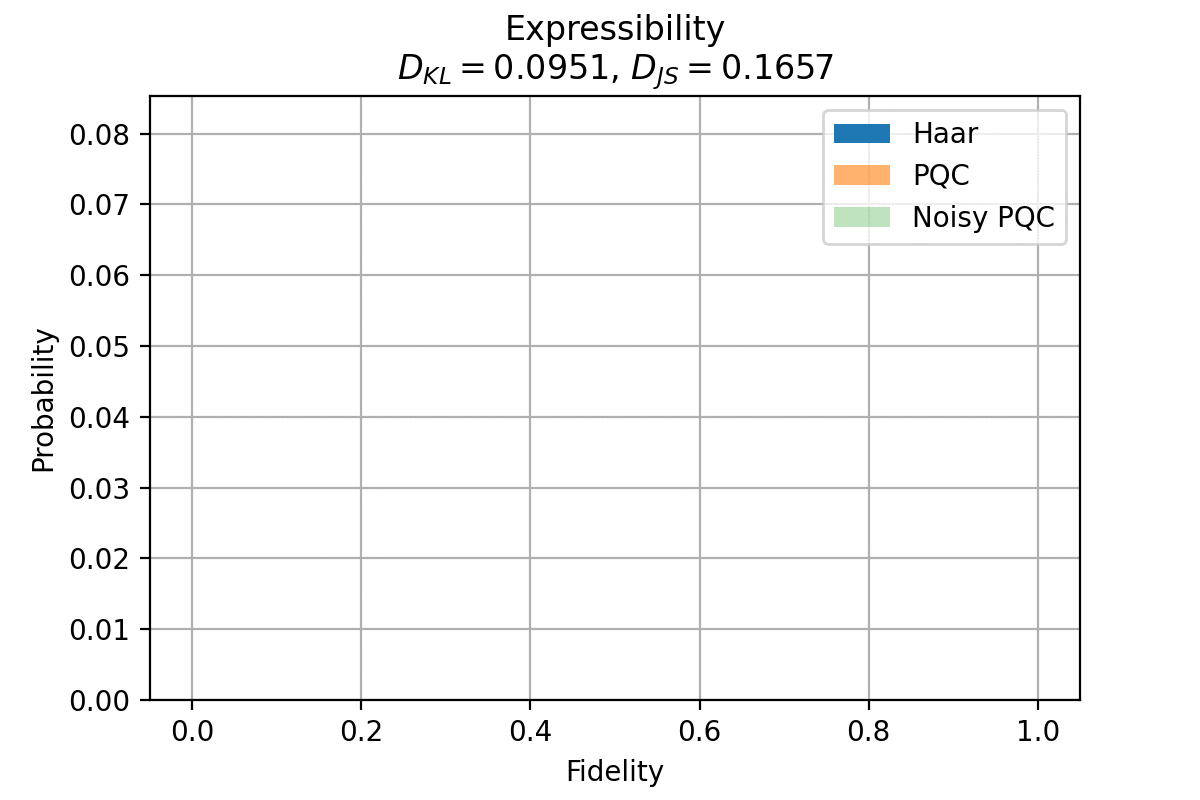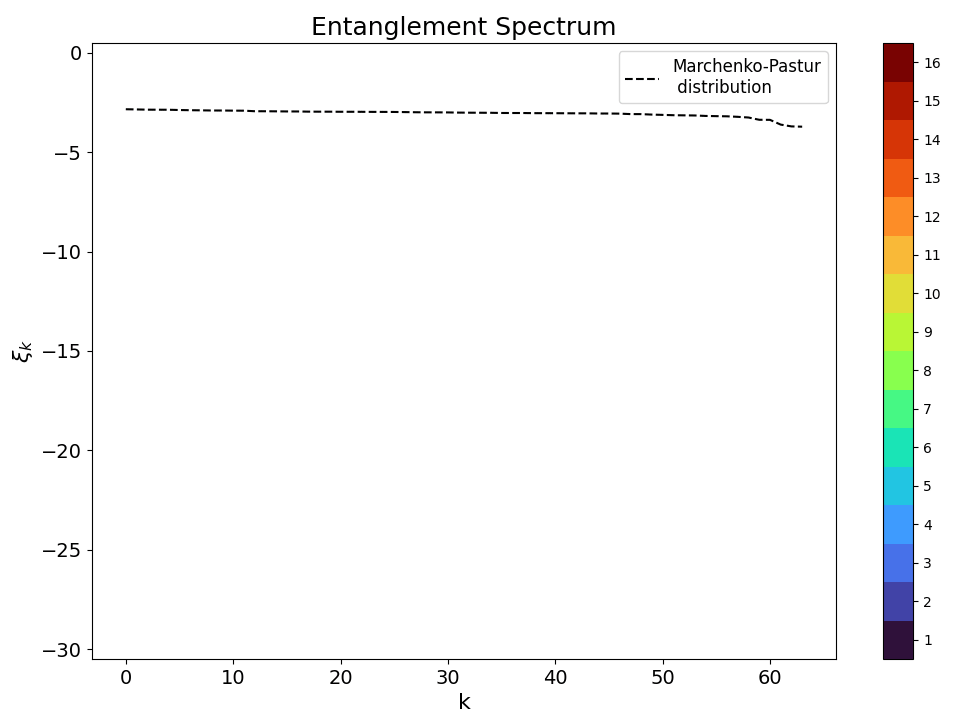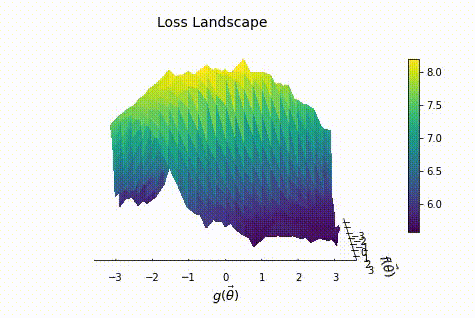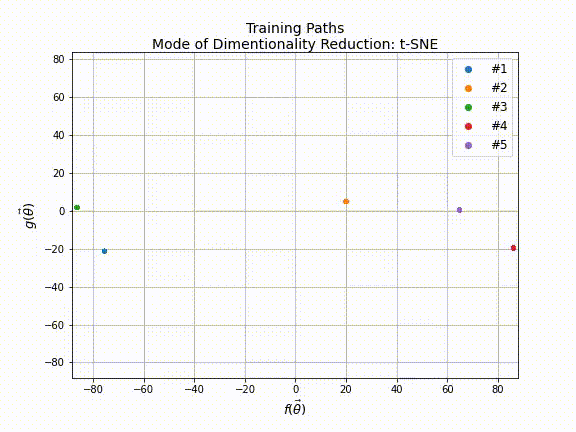qLEET is an open-source library for exploring Loss landscape, Expressibility, Entangling capability and Training trajectories of noisy parameterized quantum circuits.
- Will support Qiskit’s, Cirq’s and pyQuil's quantum circuits and noise models.
- Provides opportunities to improve existing algorithms like VQE, QAOA by utilizing intuitive insights from the ansatz capability and structure of loss landscape.
- Facilitate research in designing new hybrid quantum-classical algorithms.
qLEET requires Python version 3.7 and above. Installation of qLEET, as well as all its dependencies, can be done using pip:
python -m pip install qleetWe love your input! We want to make contributing to this project as easy and transparent as possible, whether it's:
- Reporting a bug
- Submitting a fix
- Proposing new features
Feel free to open an issue on this repository or add a pull request to submit your contribution. Adding test cases for any contributions is a requirement for any pull request to be merged
This project has been supported by Unitary Fund.
qLEET is free and open source, released under the Apache License, Version 2.0.
- Expressibility and Entangling Capability of Parameterized Quantum Circuits for Hybrid Quantum‐Classical Algorithms, Sim, S., Johnson, P. D., & Aspuru‐Guzik, A. Advanced Quantum Technologies, 2(12), 1900070. Wiley. (2019)
- Visualizing the Loss Landscape of Neural Nets, Hao Li, Zheng Xu, Gavin Taylor, Christoph Studer, Tom Goldstein, NIPS 2018, arXiv:1712.09913 [cs.LG] (2018)
